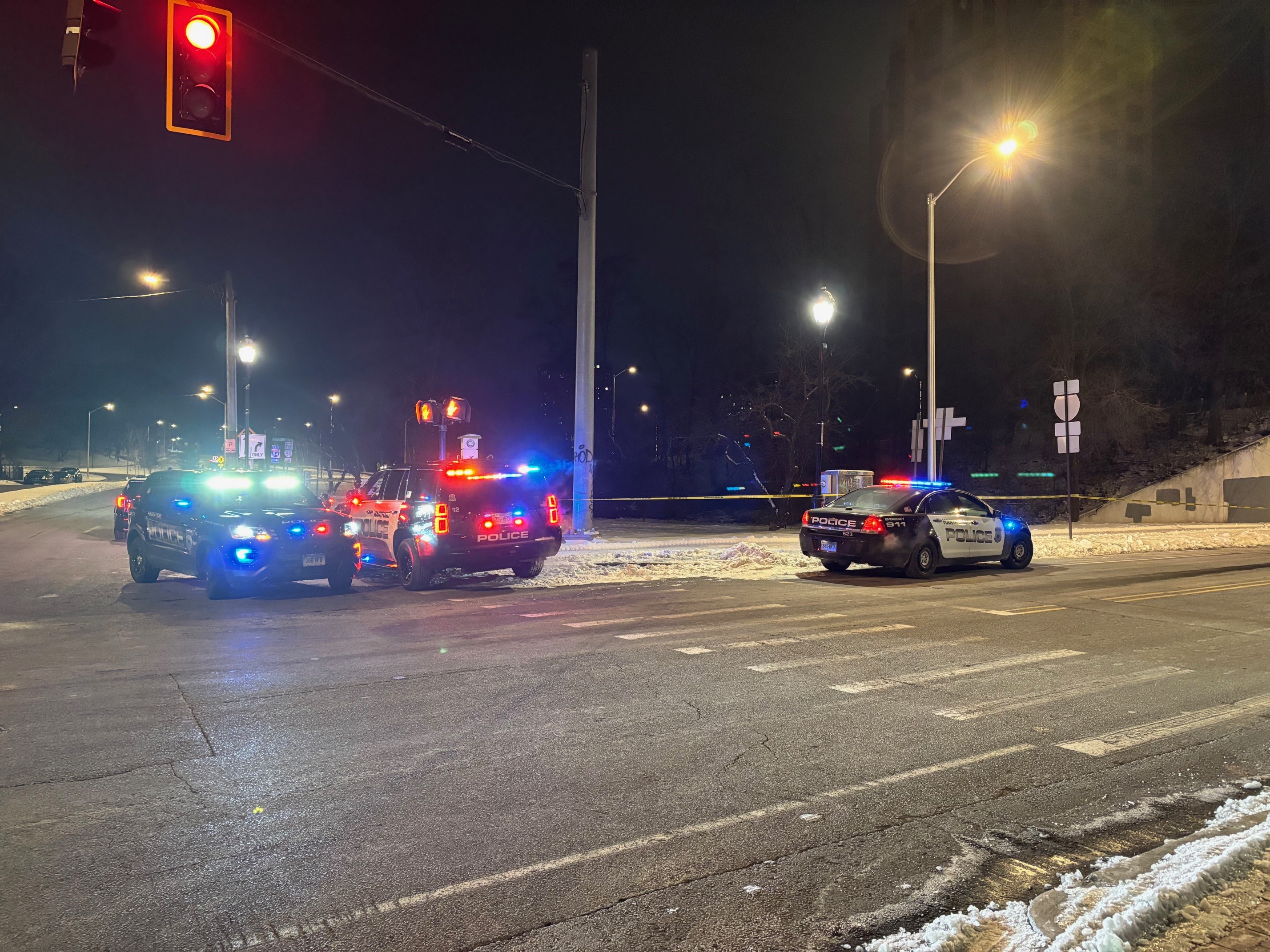A Long Island man was sentenced Thursday to 15 years in prison for a $35 million fraud that a judge said wrecked investors' lives.
Mikhail Zemlyansky, 39, was led out of a Manhattan courtroom in shackles after U.S. District Judge J. Paul Oetken sentenced the Hewlett resident a year after a jury convicted him of racketeering conspiracy and other charges at a monthlong trial.
The judge said Zemlyansky spent millions of dollars from investors' on vacations and fancy cars and watches.
Oetken called him "sophisticated, deliberate and premeditated" as he carried out frauds that prosecutors said stretched from 2007 through 2012.
"He did not care about the many victims he defrauded out of millions of dollars," the judge said as he noted Zemlyansky's family and friends had packed the courtroom. "People need to understand this sort of criminal fraud is punished severely."
Prosecutors labeled him a leader in the largest single no-fault car insurance fraud scheme ever prosecuted. And they say two investment fraud schemes caused nearly 300 victims, some of them elderly, to lose about $17 million. In all, multiple frauds that included illegal gambling caused losses of nearly $36 million, prosecutors said.
U.S. Attorney Preet Bharara said Zemlyansky was driven by "insatiable greed." But defense lawyer Gary Becker called him kindhearted, generous and charitable.
Local
Prosecutors said Zemlyansky and co-conspirators transferred millions of dollars from investors overseas to shell companies in Eastern Europe, where money was converted into cash and returned to the United States.
They said Zemlyansky defrauded car insurance companies of hundreds of millions of dollars by creating and operating medical clinics that provided unnecessary or excessive medical treatments to take advantage of a no-fault insurance law that requires prompt payment for medical treatment.
In court papers, prosecutors said Zemlyansky lived a lavish life, spoiling himself with $100,000 luxury cars and $50,000 watches.
Oetken ordered Zemlyansky to pay a $50,000 fine and $29.5 million restitution.
Becker had asked that his client be sentenced to five years in prison, saying a day more would be excessive. Prosecutors had requested that he be sentenced to prison for well over 25 years, the length of time the Probation Department had recommended.



